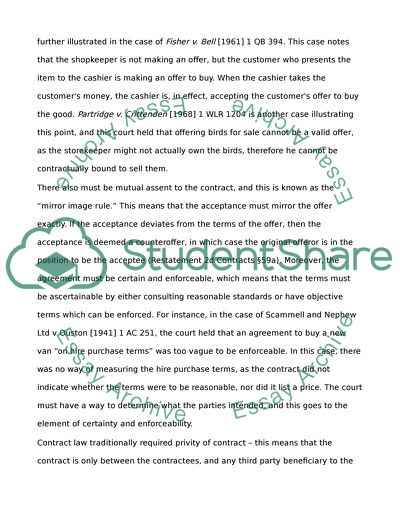Cite this document
(“Contract Law Assignment Example | Topics and Well Written Essays - 2500 words”, n.d.)
Retrieved from https://studentshare.org/law/1394225-construction-law
Retrieved from https://studentshare.org/law/1394225-construction-law
(Contract Law Assignment Example | Topics and Well Written Essays - 2500 Words)
https://studentshare.org/law/1394225-construction-law.
https://studentshare.org/law/1394225-construction-law.
“Contract Law Assignment Example | Topics and Well Written Essays - 2500 Words”, n.d. https://studentshare.org/law/1394225-construction-law.


